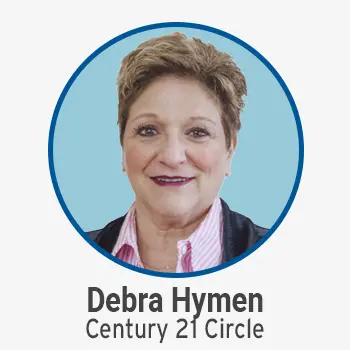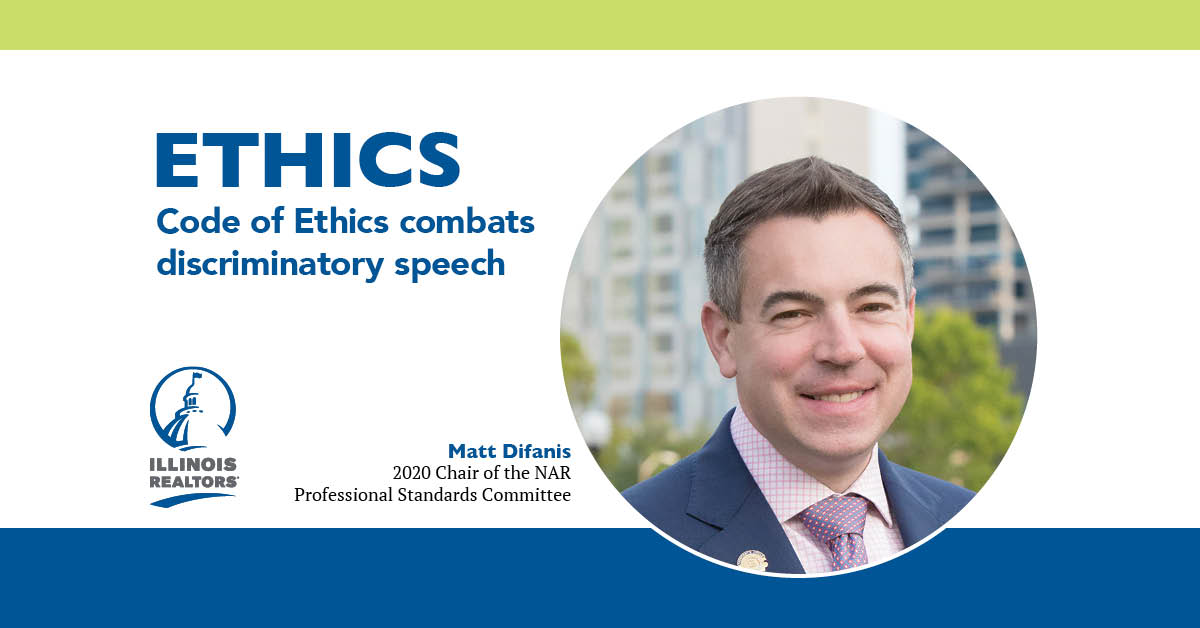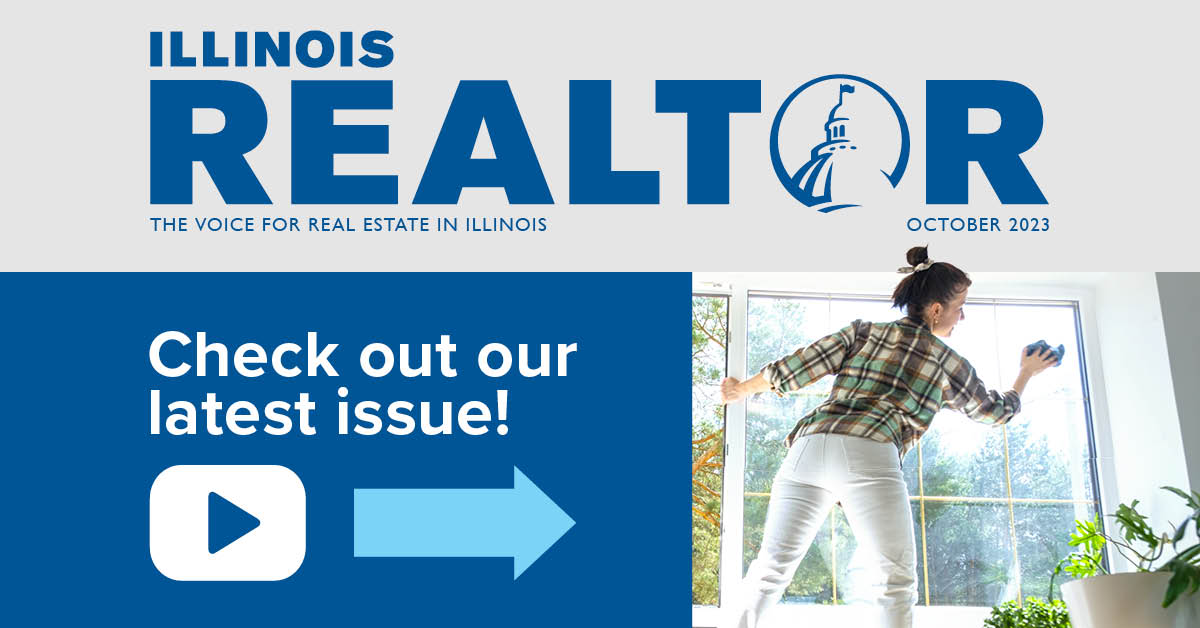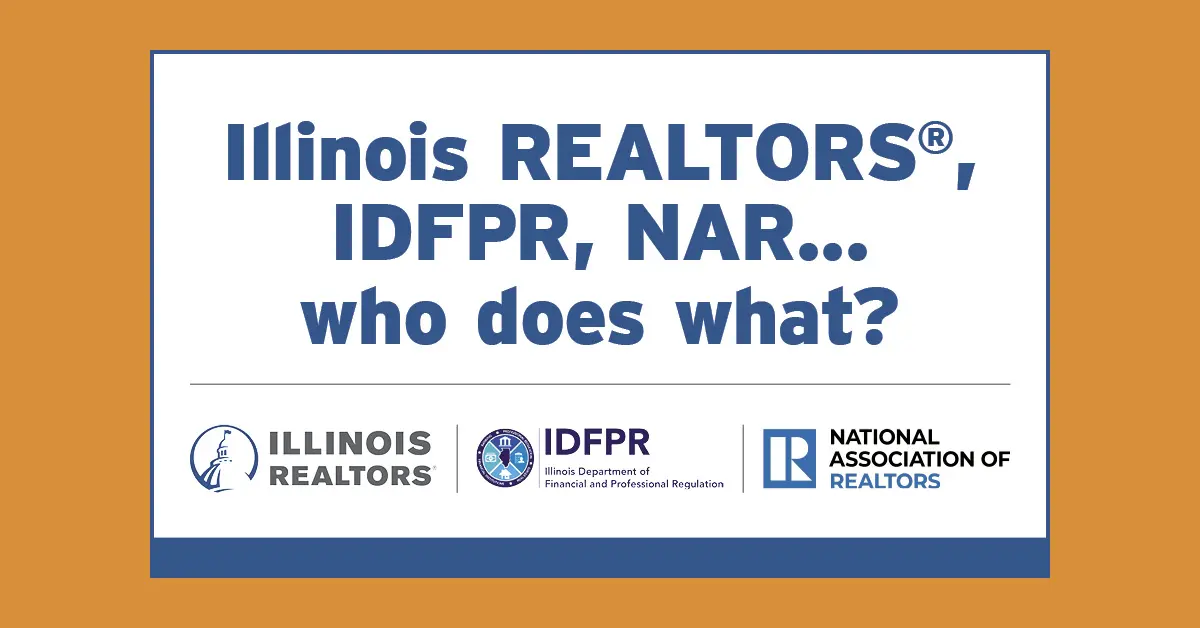On Nov. 13, the National Association of REALTORS® (NAR) passed the most significant anti-discrimination change to the Code of Ethics in decades. Effective immediately, discriminatory hate speech by REALTORS®—even outside of work—is sanctionable under the Code.
In recent years, NAR has successfully promoted the many virtues of REALTORS® – like being advocates for fair housing – through its “That’s Who We R” ad campaign. Likewise, Illinois REALTORS® has a long history of promoting fairness and equality in housing and of trying to stamp out racism. Yet when the discriminatory hate speech of a small number of REALTORS® reverberates around the Internet, that unfortunately becomes who we are in the eyes of the public.
Numerous state and local associations petitioned NAR for a solution, as they lacked the tools to adequately address this type of behavior. A major impediment to addressing this problem was that the Code previously applied only to REALTORS®’ real estate related activities and transactions.
This issue is personal to REALTORS®. While the Code has prohibited discrimination by REALTORS® in housing and employment since 1974, NAR President Charlie Oppler recently issued a formal apology for the role that the real estate industry, including REALTORS®, played in furthering systemic racism before the passage of the 1968 Fair Housing Act. Today, REALTORS® recognize fair housing as a moral imperative—as well as a legal and ethical mandate. Given our industry’s history, President Oppler correctly noted that REALTORS® have “a special role to play in the fight for fair housing.”
The changes adopted in November to the Policy Statements that accompany the Code, now make it apply to all activities by REALTORS®. Most importantly, anti-discrimination provisions apply whether at work or on a personal social media profile. While the Code’s applicability has expanded, most Articles and Standards of Practice remain specific to real estate transactions and other real estate-related activities.
New Standard of Practice 10-5, adopted by NAR, states that “REALTORS® must not use harassing speech, hate speech, epithets, or slurs based on race, color, religion, sex, handicap, familial status, national origin, sexual orientation, or gender identity.”
What this new Standard of Practice doesn’t do is attack anyone’s religious beliefs, political ideology, or policy positions. Furthermore, a finding of a violation by a hearing panel requires more than showing that someone found the speech subjectively offensive, or that it invoked or referenced a protected class. To assist hearing panels in uniform and fair application of this new Standard of Practice, NAR’s Professional Standards Committee produced a new appendix to the Code of Ethics and Arbitration Manual. This further ensures that enforcement will narrowly target weaponized, discriminatory hate speech.
The definition of “public trust” was also revised to remove the word “willful” from the term “willful discrimination.” Since Article 10 has never required a finding of “willfulness” for there to be a violation, it made sense to remove this qualifier from violations that would trigger the obligation to report to government agencies a violation of the public trust. While violations need not be willful to be reported, they do still need to be related to real estate activities. This is because government agencies are constitutionally limited in their ability to restrict private hate speech, regardless of how repugnant it may be.
The National Association of REALTORS® is a voluntary, private trade organization. The whole purpose of the Code has always been to hold REALTORS® to a higher standard. NAR’s Immediate Past President, Vince Malta said that the changes to the Code “ensure we are held to the highest possible standard while providing a mechanism of enforcement for those who violate our new policies.” Those unwilling to give up discriminatory hate speech need not be members. For the rest of us, we can more proudly proclaim that we’re REALTORS® and we pledge to live by the Code. Now more than ever before, the Code reflects who we R.




 Create professional development programs that help REALTORS® strengthen their businesses.
Create professional development programs that help REALTORS® strengthen their businesses.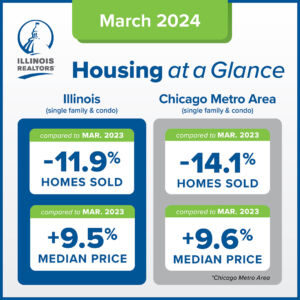
 Protect private property rights and promote the value of REALTORS®.
Protect private property rights and promote the value of REALTORS®.
 Advance ethics enforcement programs that increase REALTOR® professionalism.
Advance ethics enforcement programs that increase REALTOR® professionalism.
 Protect REALTORS® by providing legal guidance and education.
Protect REALTORS® by providing legal guidance and education. Stay current on industry issues with daily news from Illinois REALTORS®, network with other professionals, attend a seminar, and keep up with industry trends through events throughout the year.
Stay current on industry issues with daily news from Illinois REALTORS®, network with other professionals, attend a seminar, and keep up with industry trends through events throughout the year.
